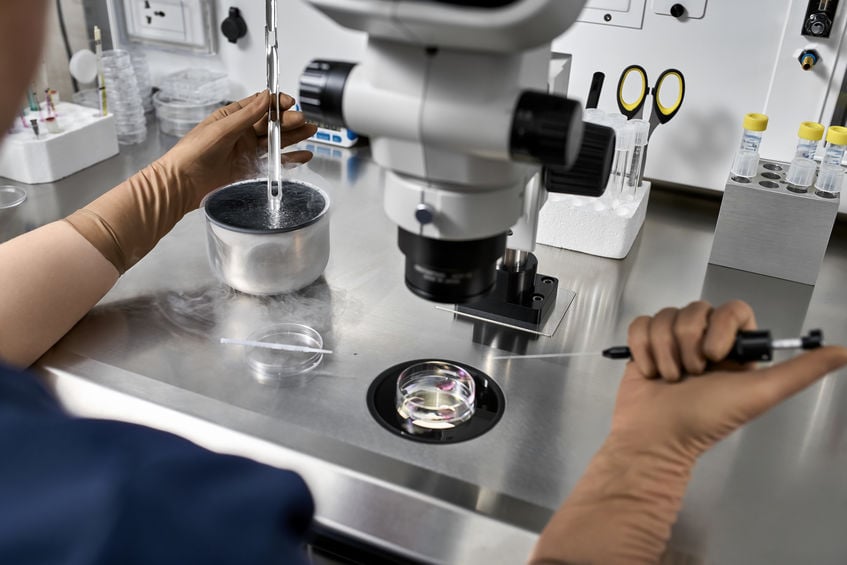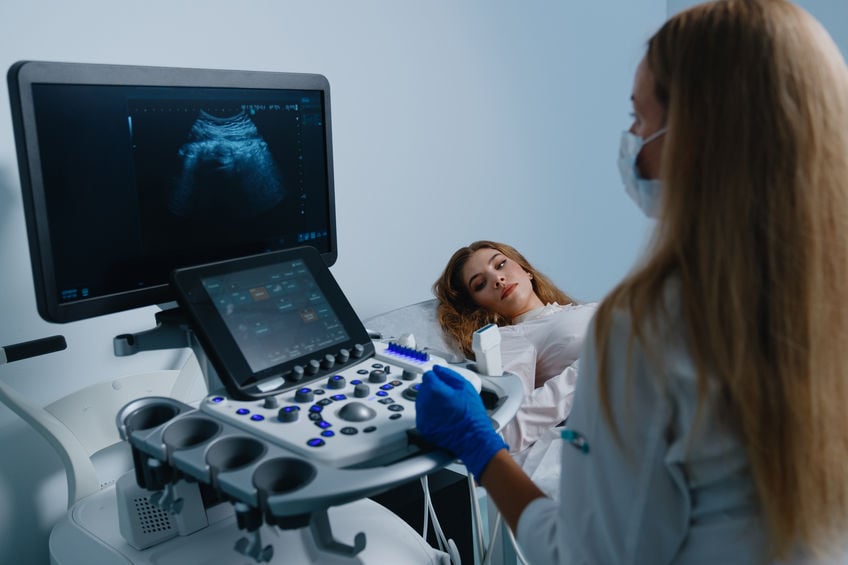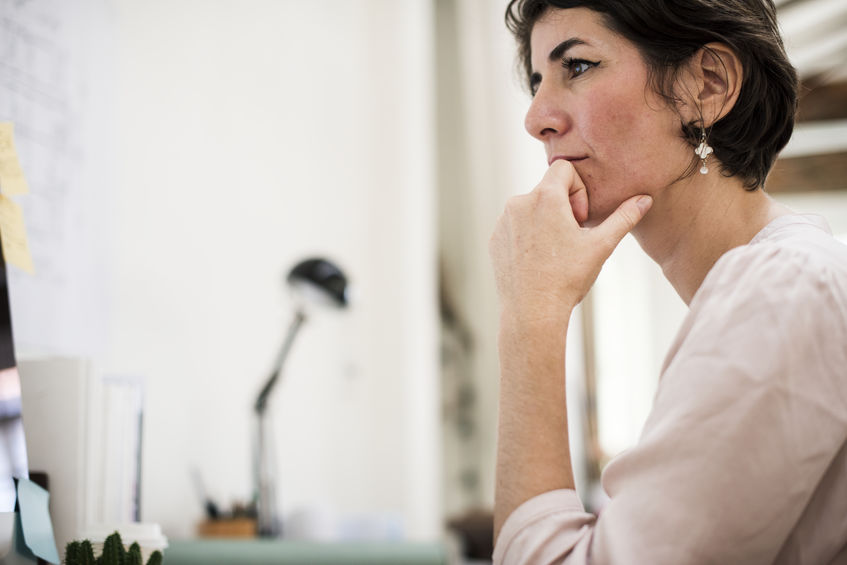Am I Too Old For Egg Freezing?
How old is too old for women to freeze eggs? Most women know that the best fertility years are in the 20-30 age range. Yet, more and more women are choosing to have children after 30 and beyond. Although egg freezing is most popular for younger women, there may be hope for women in the 40-50 age group as well.

What happens before egg freezing?
Before egg freezing, women undergo ovarian reserve testing to evaluate the quality and quantity of eggs. The results from the testing can help doctors determine how successful egg freezing will be. Most women take hormones to stimulate the ovaries. Stimulating the ovaries helps women produce multiple eggs for extraction.
What to expect during egg retrieval
When the time comes for egg retrieval, women typically receive sedation. Then, the doctor uses an ultrasound probe to get to the follicles where eggs mature. The more eggs the doctor retrieves, the better the chances of a successful pregnancy.
Can I use frozen eggs at any time?
Eggs can be used right away or frozen for future use. When the time comes, doctors thaw the eggs, fertilize the eggs with sperm, and implant an embryo into either the woman or a gestational carrier. Depending on the woman’s age, success rates of 30-60% can be expected.
How does age impact my fertility?
Fertility does decline after the age of 40. Women who are around 40 who are not ready to have children yet may choose egg freezing. However, the chances that the same woman can carry the pregnancy a few years later decrease as the woman gets older. Past the age of 45, women may want to choose gestational carriers to increase chances of success.
When do my chances decline to zero?
One fertility myth is that women remain fertile all the way up until menopause. In fact, female fertility begins to decline somewhere around 5-10 years before menopause. The average age for menopause onset is 51. However, most women start to have infertility problems in the mid-40s.
What can I do if I’m over 40?
Women over 40 may try assisted reproductive technology such as in vitro fertilization (IVF). Treatments like IVF combine an egg and sperm in a laboratory setting and implant an embryo into a woman’s uterus. While fertility does decline with age, many women in the 40+ age group have success with fertility treatments. For more information and personalized treatment options, speak with a fertility specialist.





